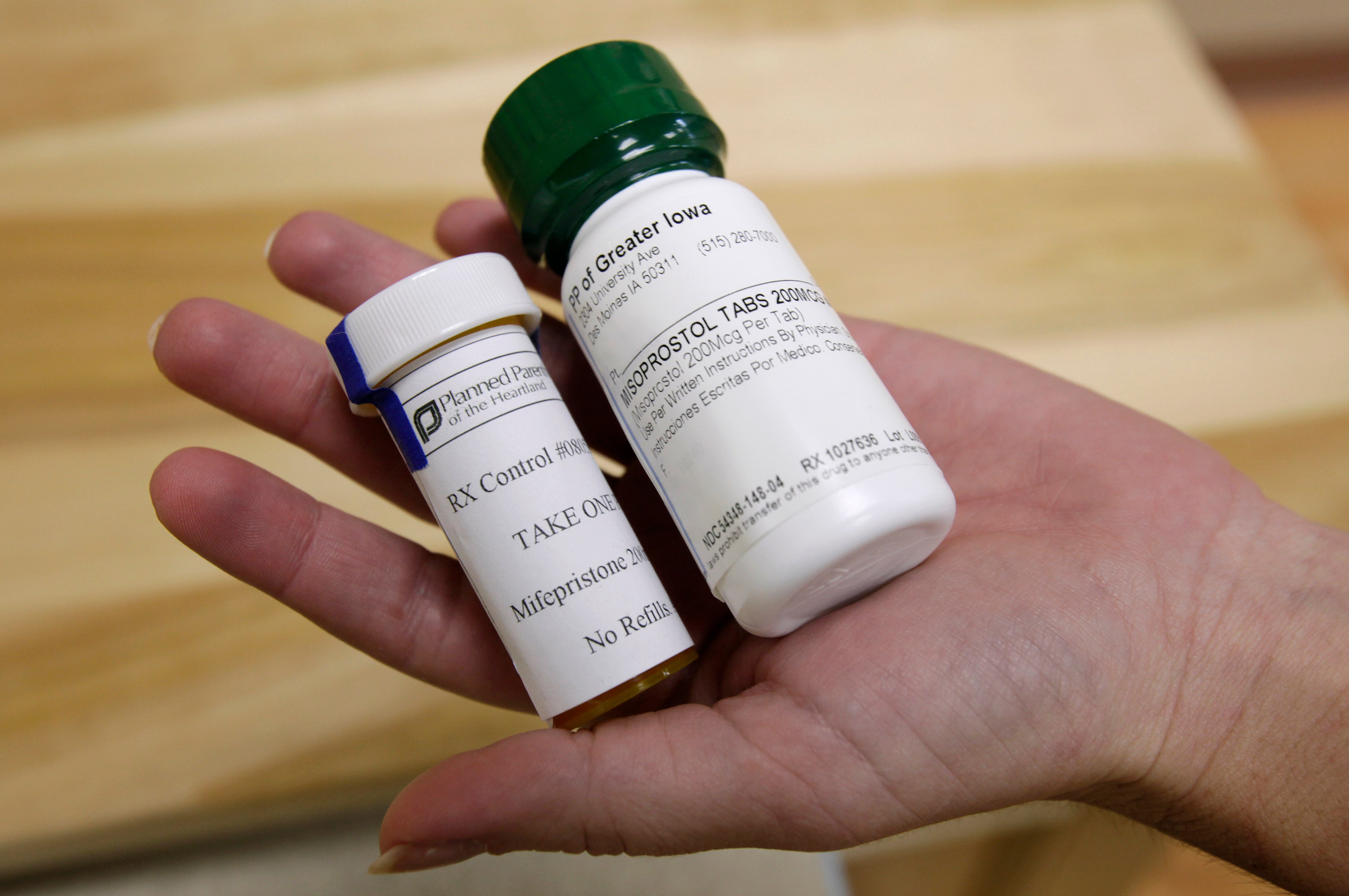A judge may rule on Wyoming's abortion laws, including the first explicit US ban on abortion pills
A judge is set to decide whether to strike down, affirm or hold a trial over Wyoming's abortion bans

Your support helps us to tell the story
From reproductive rights to climate change to Big Tech, The Independent is on the ground when the story is developing. Whether it's investigating the financials of Elon Musk's pro-Trump PAC or producing our latest documentary, 'The A Word', which shines a light on the American women fighting for reproductive rights, we know how important it is to parse out the facts from the messaging.
At such a critical moment in US history, we need reporters on the ground. Your donation allows us to keep sending journalists to speak to both sides of the story.
The Independent is trusted by Americans across the entire political spectrum. And unlike many other quality news outlets, we choose not to lock Americans out of our reporting and analysis with paywalls. We believe quality journalism should be available to everyone, paid for by those who can afford it.
Your support makes all the difference.A judge in Wyoming will decide as soon as Thursday whether to strike down, affirm or hold a trial over the state's abortion bans, including its first-in-the-nation explicit prohibition on the use of medication to end pregnancy.
Any decision on the bans during or after a pretrial conference before Teton County District Judge Melissa Owens in Jackson likely would be appealed to the Wyoming Supreme Court. Both sides have asked Owens to issue a ruling without holding a bench trial that is scheduled to begin April 15.
So far, Owens has shown sympathy for arguments that the bans violate women's rights under the state constitution. Three times over the past year and a half, the judge has blocked the laws from taking effect while they were disputed in court.
One of the laws bans abortion except to protect to a pregnant woman’s life or in cases involving rape and incest. The other made Wyoming the only state to explicitly ban abortion pills, though other states have instituted de facto bans on the medication by broadly prohibiting abortion.
The laws were challenged by four women, including two obstetricians, and two nonprofit organizations. One of the groups, Wellspring Health Access, opened as the state’s first full-service abortion clinic in years in April following an arson attack in 2022.
They argued that the bans stood to harm their health, well-being and livelihoods, claims disputed by attorneys for the state. The women and nonprofits also argued the bans violated a 2012 state constitutional amendment saying competent Wyoming residents have a right to make their own health care decisions, an argument Owens has said had merit.
Wyoming voters approved the amendment amid fears of government overreach following approval of the federal Affordable Care Act and its initial requirements for people to have health insurance.
Attorneys for the state argued that health care, under the amendment, didn’t include abortion.
Separately, the U.S. Supreme Court will take up a dispute over mifepristone, one of two drugs used in the most common method of ending pregnancy in the U.S.
Wyoming has just two clinics providing abortions: Wellspring Health Access in Casper and the Women’s Health and Family Care Clinic in Jackson. The Jackson clinic provides only medication abortions and is scheduled to close Friday due to rising costs. Physicians at the clinic have said they will resume providing medication abortions elsewhere in Jackson within the next couple months if allowed.